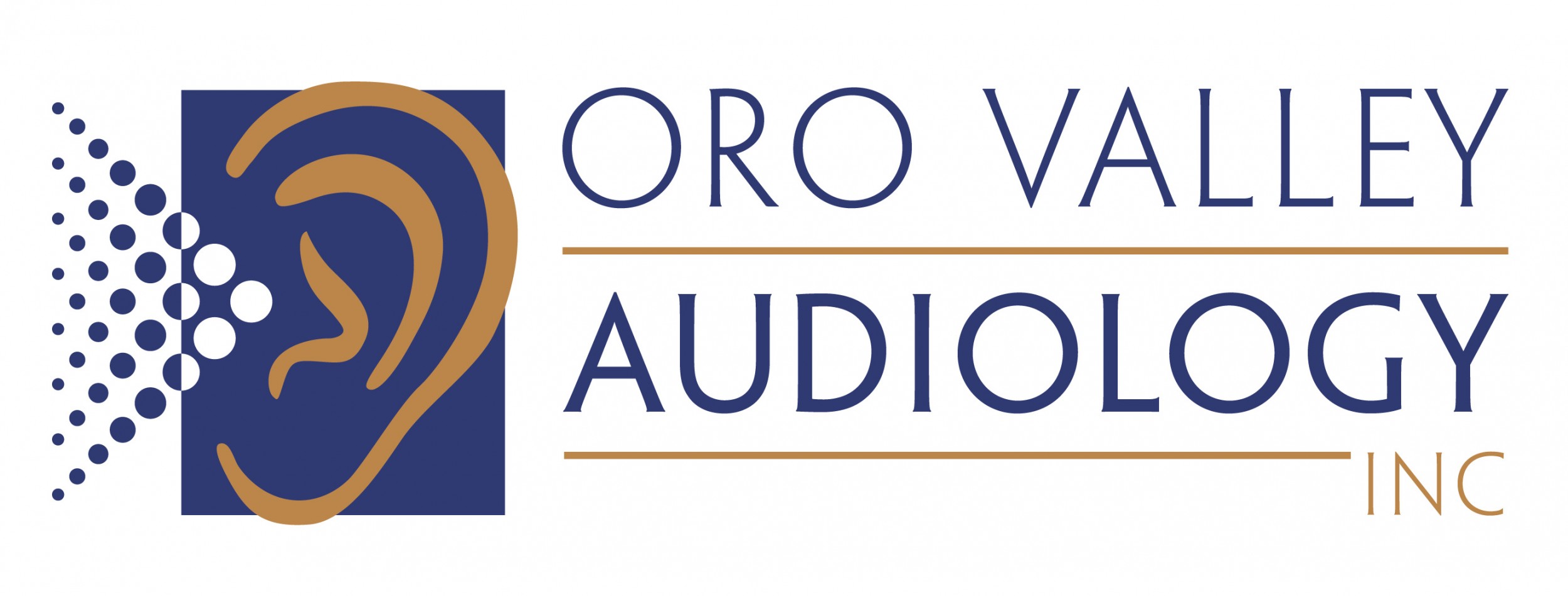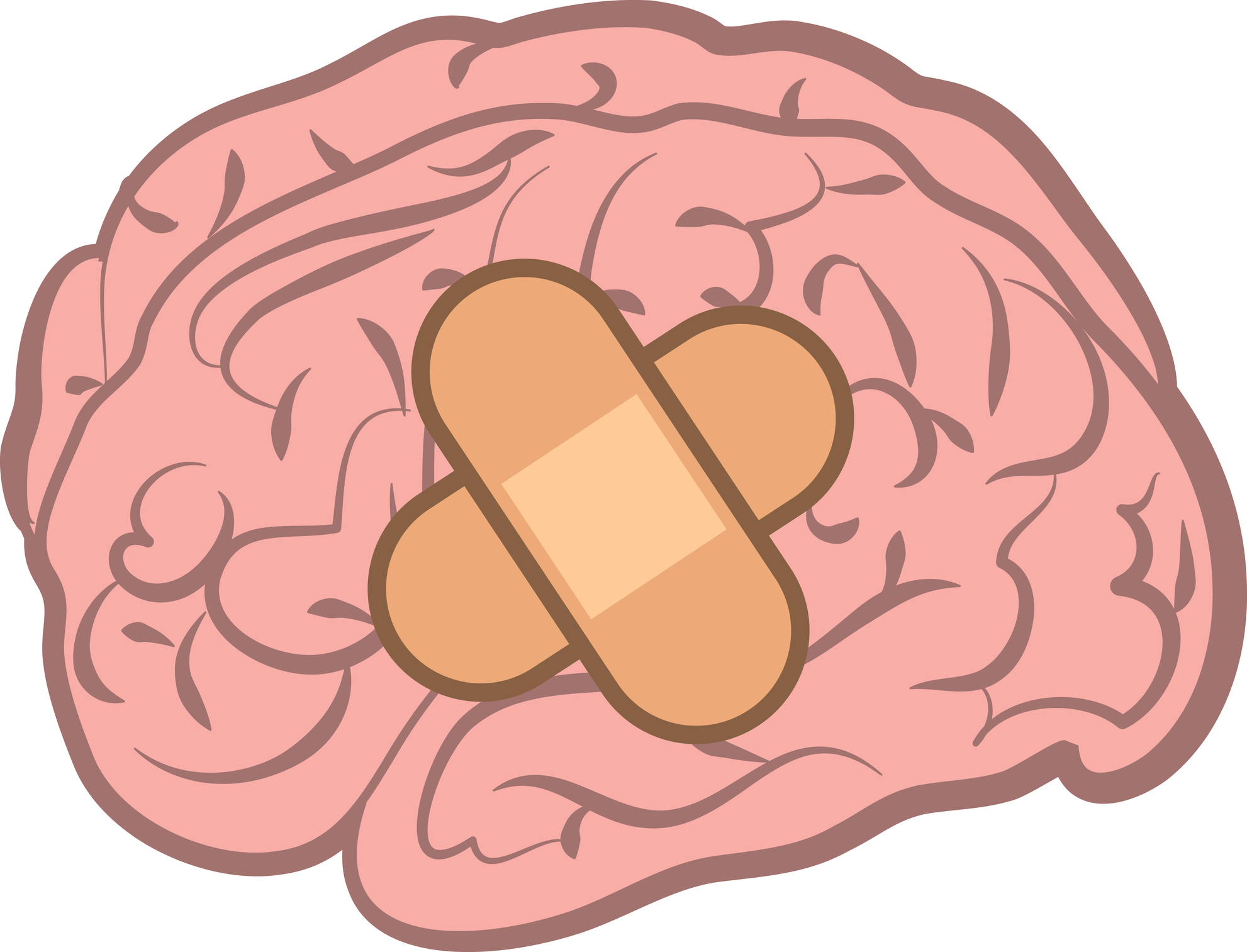September is a month full of “awareness” for many organizations. These include World Alzheimer’s Month, Childhood Cancer Awareness Month, Healthy Aging Month, and Pain Awareness Month. These all have a connection in some way to our hearing.
We will have information on each of these on our website and social media accounts, but I would like to focus on Traumatic Brain Injury (TBI) today, emphasizing how it connects to our hearing and the processing of sounds.
After a TBI, there can be damage within the middle ear where the three smallest bones in our bodies are located. The impact could dislocate these bones that transmit the sound mechanically to the inner ear.
In the inner ear, the neurological part of our hearing starts the pathway up to the brain. A TBI could damage the parietal or temporal lobe, which affects the neurological process up to the cortex. A temporal bone fracture can also occur with a TBI. This may or may not lead to a permanent hearing loss, but the faster one seeks medical attention the better.
The most common hearing-related effect from a TBI is tinnitus (any sound that isn’t generated from an outside source, excluding voices telling you to do something as that is a different referral). Hyperacusis, which is an abnormal sensitivity to sound, may also occur. Rare cases of Meniere’s syndrome have been reported, which is caused by excessive pressure in the fluid levels in the inner ear. This increased pressure can affect hearing, tinnitus, balance and vertigo. Another rare condition is Auditory Agnosla in which the individual can speak and respond to speech, but nonverbal sounds are not recognized.
Accurately diagnosing the problem and setting up a medical plan is essential. Following a TBI, get to your primary care doctor immediately. You will be sent to an audiologist and, possibly, an ENT. An audiologist is the most qualified specialist to create a hearing rehabilitation program that may involve therapeutic noise generators if there is tinnitus after the TBI.
Every adult should have a diagnostic baseline that has been established within the last 5 years. If there isn’t a baseline, there can be no documentation of change. A screening only gives limited information if there is a major change in hearing due to TBI or other health condition. Audiologists should be a part of every medical team to help with prevention of hearing loss and, if there is a change, to work with a rehabilitation program dependent on the change in symptoms.


